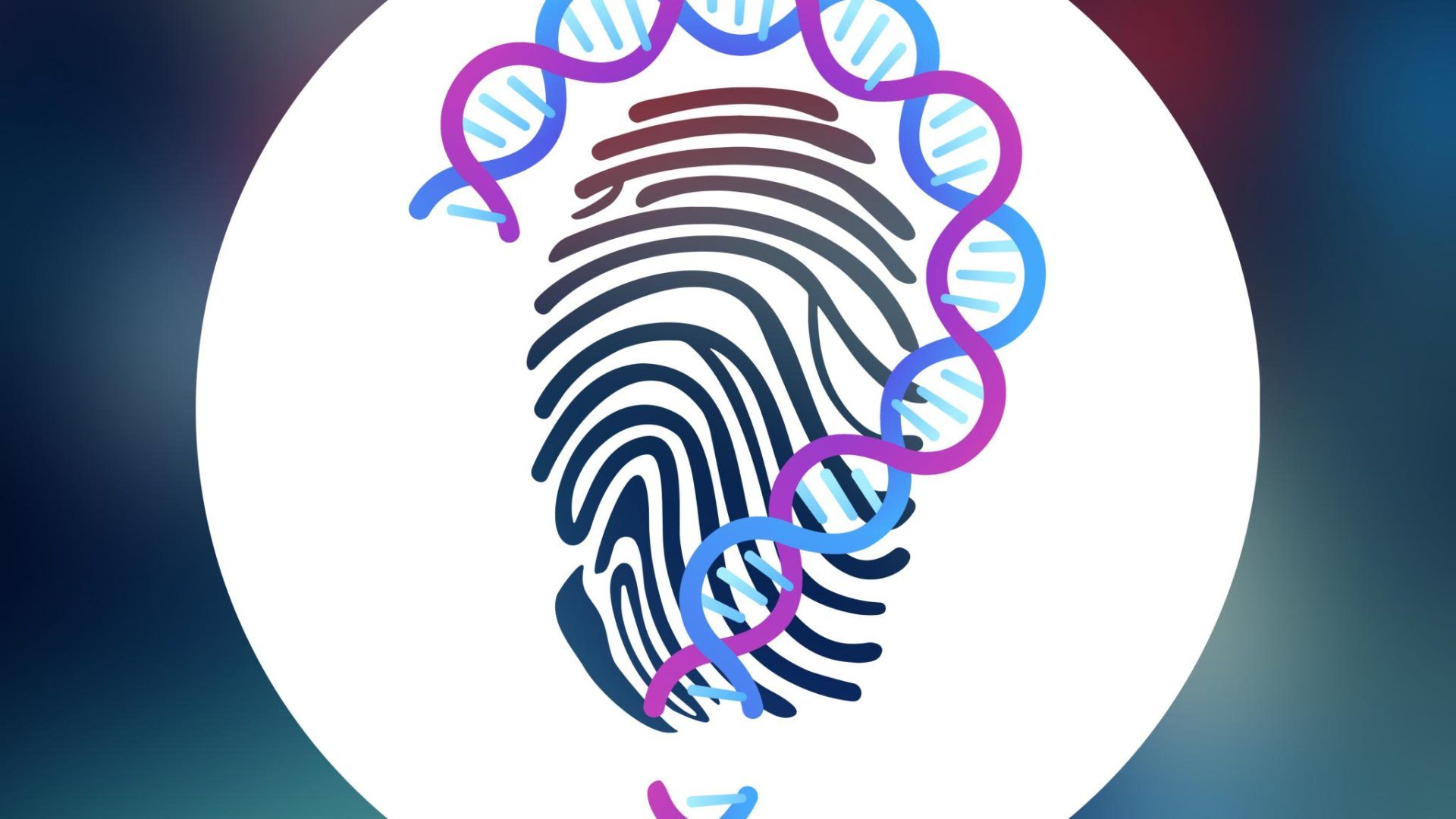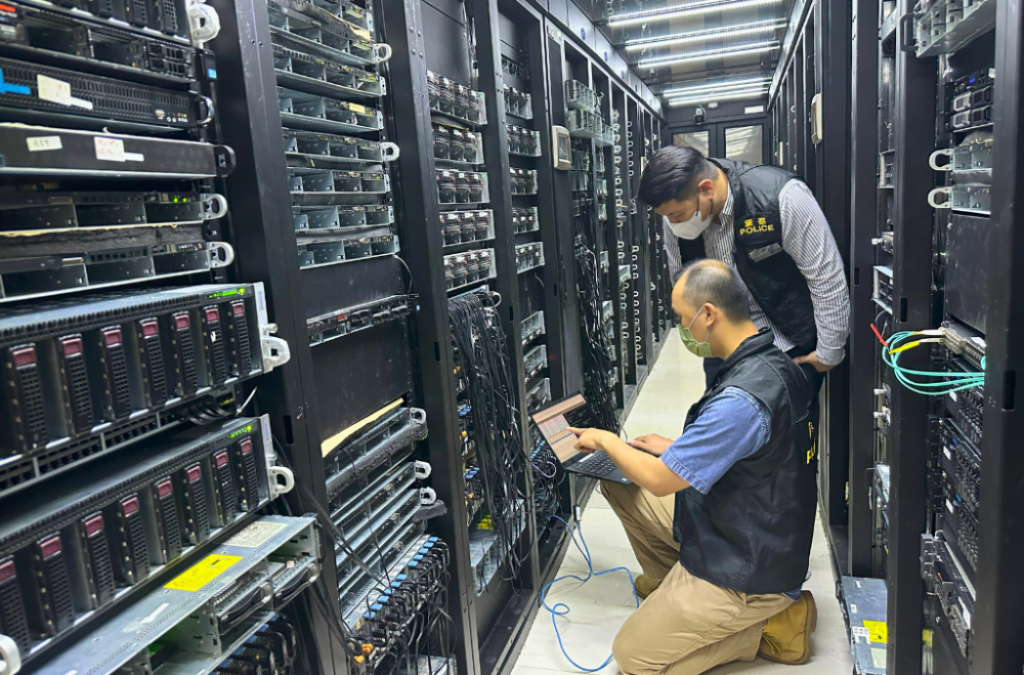AI can simplify complexity in litigation support
Editorial: AI can simplify complexity in litigation support
Artificial intelligence (AI), according to Warne, Charron and Cornell, has the potential to improve litigation support by assisting accounting professionals in clarifying intricate accounting ideas and delivering persuasive evidence. Here’s a guide to understanding the technology’s limitations, legal considerations, and optimal practices for utilising AI to further justice.
Cases of financial fraud often involve complicated terminology and vast amounts of documents and data. These intricate details are clear to the accountants and financial professionals who dedicate extensive time—sometimes months or years—to analyse the data and trace the money back to the wrongdoers. However, imagine how a jury might perceive an alleged construction fraud case that includes several interconnected contracts—such as agreements between a contractor and a client, along with a different loan agreement with a bank—without the expertise required to understand it. To the jury, an accountant serving as an expert witness may as well be speaking in a foreign language. As fraud cases become more data-driven and convoluted, the role of financial analysts and litigation support specialists must adapt. In the courtroom, accountants have transitioned from mere number crunchers to storytellers, interpreters, and crucial contributors in the pursuit of justice.
When legal conflicts arise, it is the responsibility of accounting experts to analyse the figures, resolve discrepancies in interpretation, and present a coherent account of what transpired. In a construction fraud case, forensic accounting professionals called to testify must determine who made specific agreements by gathering an extensive paper trail that could encompass hundreds of pages, including contracts, loan agreements, requests for payments, inspector reports, and additional documentation. Their responsibilities also include reconstructing a detailed month-by-month account of the project’s progress in relation to financial records and contractual agreements. Conveying complex financial concepts in an understandable manner for a jury poses a challenge. In court, effective communication is just as essential as technical precision. Due to the magnitude of this task, many experts have started to utilise artificial intelligence (AI) tools to assist in transforming dense data into accessible, visually engaging narratives that can withstand legal examination.
AI is a revolutionary force for accounting professionals, particularly in litigation support. It turns complex data into compelling summaries, intuitive visuals, and clear reports, bridging the gap between expert accountants and lawmakers. To fully leverage AI, accounting experts must master prompt engineering and navigate its ethical and legal complexities. Implementing a strong data governance policy, providing thorough training, and establishing acceptable use guidelines are essential for responsible AI integration. Those who embrace AI as a strategic asset will enhance their practice and redefine their roles as influential communicators. By automating routine tasks, generative AI allows accountants to concentrate on higher-level functions like persuasive opinion development and courtroom strategy, positioning them as powerful advocates for truth and justice.
Read more from the source.
Source: Rick C. Warne, Kim Charron, Robert M. Cornell (2025), AI can simplify complexity in litigation support. Article in Fraud Magazine. https://www.acfe.com/fraud-magazine/all-issues/issue/article?s=2025-septoct-ai-for-enhancing-ligitation-support
Image:
Fraud Magazine.
https://www.acfe.com/fraud-magazine/all-issues/issue/article?s=2025-septoct-ai-for-enhancing-ligitation-support









